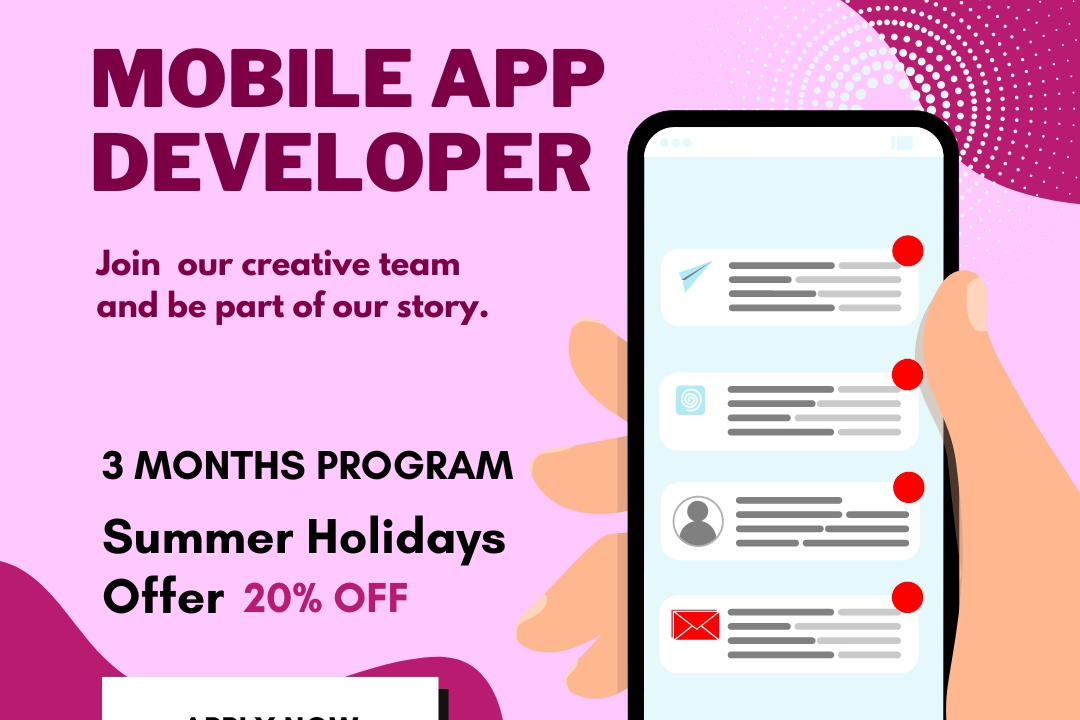Flutter Application Testing Tools
Exploring Effective Testing Tools for Flutter Applications
Flutter Application Testing Tools
Flutter provides a comprehensive suite of testing tools to ensure the reliability and quality of applications across various platforms. The testing framework includes unit tests, widget tests, and integration tests, allowing developers to validate individual components, user interactions, and complete app functionality, respectively. The `flutter_test` package is utilized for writing and running widget tests, enabling exploration of the UI and asserting the expected behavior of widgets in isolation. For integration tests, Flutter uses the `integration_test` package, which facilitates end-to-end testing of an app’s functionality on real devices or simulators. Additionally, Flutter integrates well with popular testing tools like Mockito for mocking dependencies and can be combined with CI/CD pipelines for automated testing. These capabilities ensure that developers can maintain high-quality standards throughout the lifecycle of a Flutter application.
To Download Our Brochure: https://www.justacademy.co/download-brochure-for-free
Message us for more information: +91 9987184296
1 - Flutter Test: This is the built in testing framework provided by Flutter. It allows developers to write unit tests for individual functions and widgets, ensuring they behave as expected.
2) Widget Test: A subset of Flutter Test, Widget tests are used to verify that individual widgets work as intended. They focus on rendering and checking the output of widgets.
3) Integration Test: This tool allows developers to test the complete app or a large part of it as a whole, mimicking user interactions to ensure different parts of the app work together correctly.
4) Dart DevTools: A suite of performance and debugging tools for Dart and Flutter applications. It includes features that help in analyzing the performance of tests and overall application behavior.
5) Mockito: A mock object library for Dart that enables developers to create mock objects for unit testing. It helps simulate the behavior of complex objects, making it easier to test specific functionalities.
6) Golden Tests: Flutter provides a mechanism to create golden tests (also known as snapshot tests). Developers can capture the UI state of widgets as image files, which can be compared in future tests to detect unintended changes.
7) Firebase Test Lab: A cloud based app testing environment that allows developers to test their Flutter applications on various devices and configurations, helping to catch issues that might not appear on a local setup.
8) Appium: An open source testing framework for mobile applications, including Flutter apps. It allows for automation of user interface tests across different platforms.
9) E2E Testing (End to End): This involves testing the entire application workflow from start to finish. Flutter has support for various E2E testing frameworks, allowing developers to write comprehensive tests that replicate user interactions.
10) Fastlane: A tool that automates the building and testing of apps. It can be integrated with Flutter to streamline the process of running tests within Continuous Integration (CI) pipelines.
11) Codemagic: A CI/CD platform specifically designed for mobile applications. It provides services to automate testing, building, and deploying Flutter applications.
12) GitHub Actions: GitHub Actions can be set up to automate testing processes for Flutter applications in your repository, enabling CI/CD workflows that trigger tests on each pull request.
13) New Relic: Although not a testing tool per se, New Relic can be used to monitor and analyze the performance of Flutter applications in real time, helping identify issues and areas needing improvement.
14) SonarCloud: A cloud based code quality tool that can be integrated with Flutter projects to identify bugs, vulnerabilities, and code smells through static analysis.
15) Selenium: A popular framework for automating web applications, which can also be configured to test Flutter web applications. It can simulate user interactions and verify the functionality of web interfaces.
16) TestFlight: While primarily a distribution platform for iOS apps, TestFlight offers beta testing capabilities that allow developers to get feedback from testers before the official release of Flutter apps.
17) BrowserStack: A cloud testing platform that lets you test mobile and web applications across different devices and browsers. It's helpful for ensuring your Flutter app works on a wide range of environments.
By introducing students to these tools, they can gain comprehensive knowledge of Flutter application testing practices, which is essential for building reliable and maintainable applications.
Browse our course links : https://www.justacademy.co/all-courses
To Join our FREE DEMO Session: Click Here
Contact Us for more info:
Core Java Course Mumbai
Oracle Database With Java
Android Development Institute
iOS Training in Bharuch
Swing Programming In Java











